
Kenyan Water Project An Effort to Save Lives
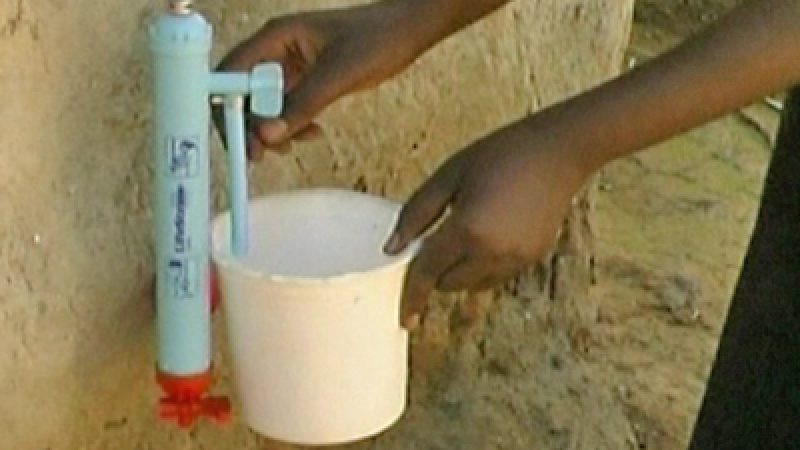
Clean water isn’t always on tap.
Millions of Kenyans have to walk miles each day to collect it. And then boil it thoroughly before it’s safe to drink.
But Danish company Vestergaard Frandsen has a solution. They’re handing out nearly a million water filters as part of their Carbon for Water initiative.
Health Worker Dorcas Mangerere shows local residents how to use the filter system.
[Dorcas Mangerere, Health Worker, Vestergaard Frandsen]:
„We have shown her how to treat the water so she will be using the filter to prevent diseases like cholera, dysentery and typhoid. For that she will save her money, going to the hospital and also saving life.“
These filters are also designed to protect the forests – which themselves are vital to water supply.
But this isn’t just an act of charity.
Vestergaard Frandsen CEO Mikkel Vestergaard says that through carbon financing his company plans to make the scheme pay.
[Mikkel Vestergaard, CEO, Vestergaard Frandsen]:
„By getting everybody to filter water, less water will be boiled, by boiling less water less firewood will be burnt and less trees will be chopped. We expect, actually, we are able to reduce the emission of C02 by between 2 and 2.5 million tons per year. When we’re audited then we get an audited report issued and that is when we can start selling those 2 to 2.5 million tons of emission reduction as carbon credit.“
Vestergaard says that by combining healthcare, conservation and profit, there are plenty of potential winners.
If this scheme works the company believes it could become a model for the future – saving lives around the world.
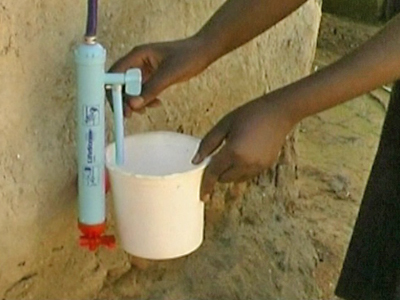 Foto: NTD
Foto: NTD





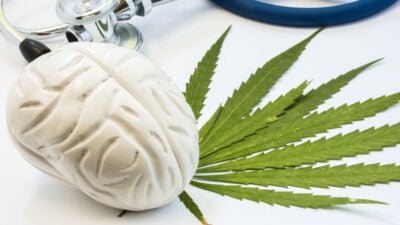







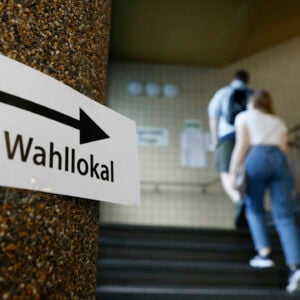


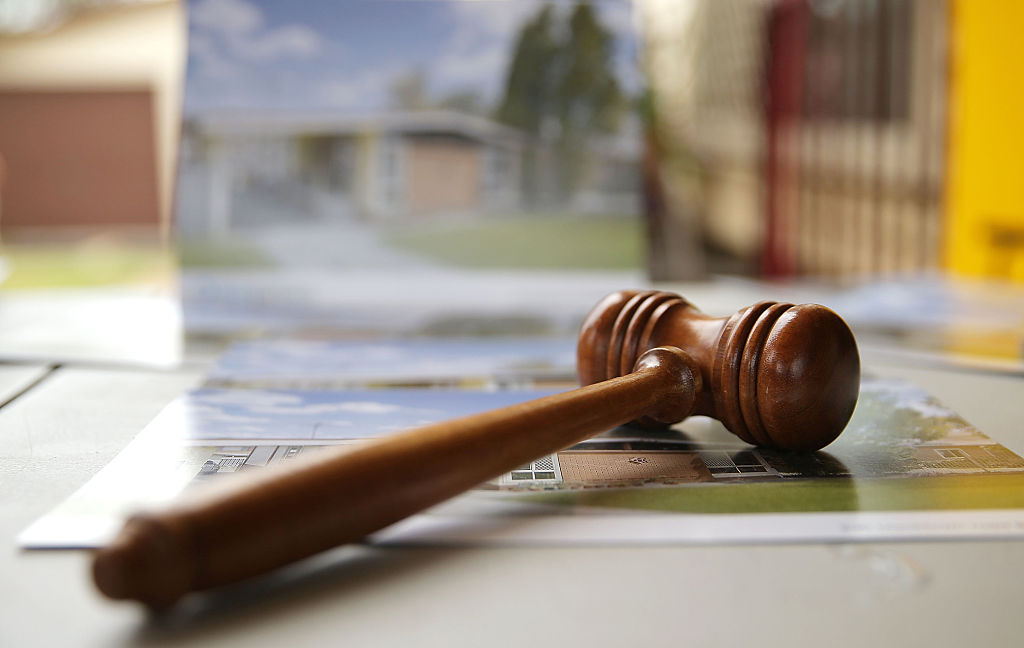




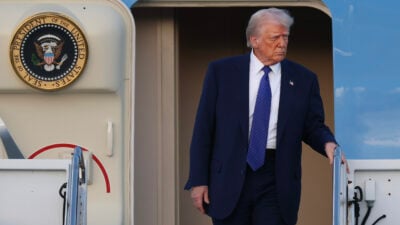

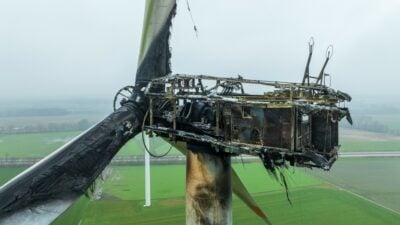
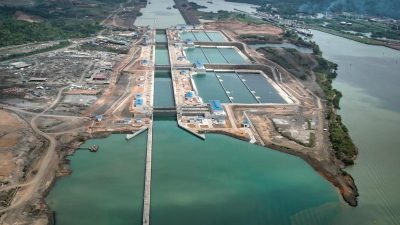

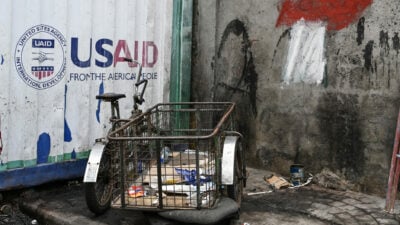
vielen Dank, dass Sie unseren Kommentar-Bereich nutzen.
Bitte verzichten Sie auf Unterstellungen, Schimpfworte, aggressive Formulierungen und Werbe-Links. Solche Kommentare werden wir nicht veröffentlichen. Dies umfasst ebenso abschweifende Kommentare, die keinen konkreten Bezug zum jeweiligen Artikel haben. Viele Kommentare waren bisher schon anregend und auf die Themen bezogen. Wir bitten Sie um eine Qualität, die den Artikeln entspricht, so haben wir alle etwas davon.
Da wir die Verantwortung für jeden veröffentlichten Kommentar tragen, geben wir Kommentare erst nach einer Prüfung frei. Je nach Aufkommen kann es deswegen zu zeitlichen Verzögerungen kommen.
Ihre Epoch Times - Redaktion